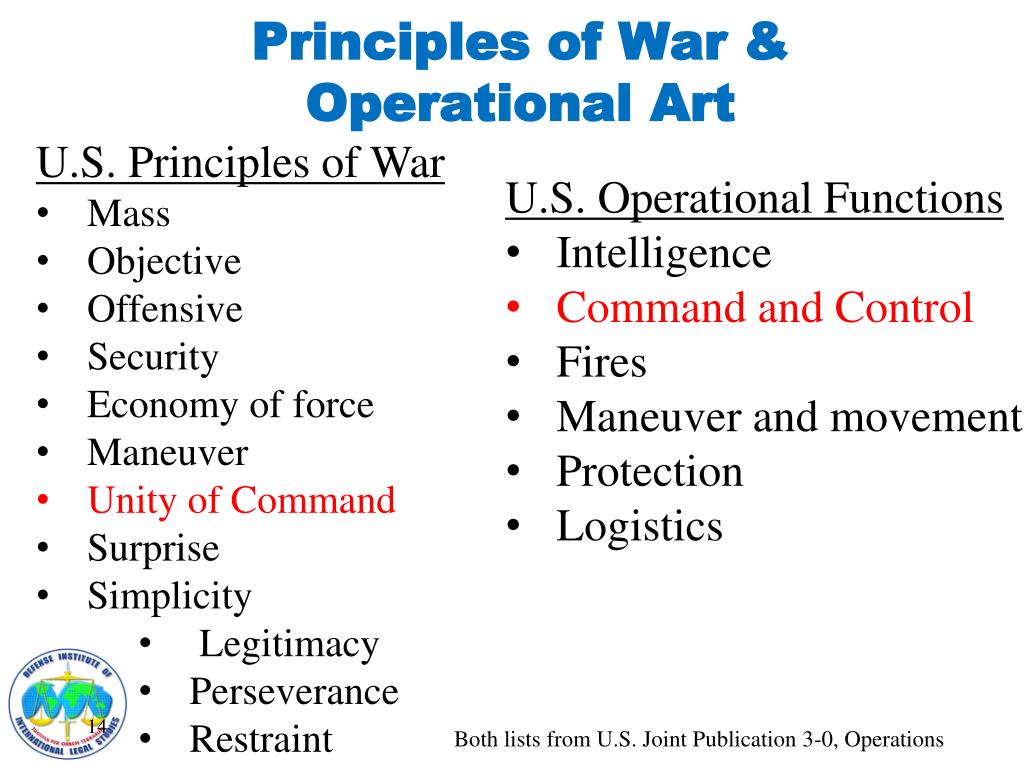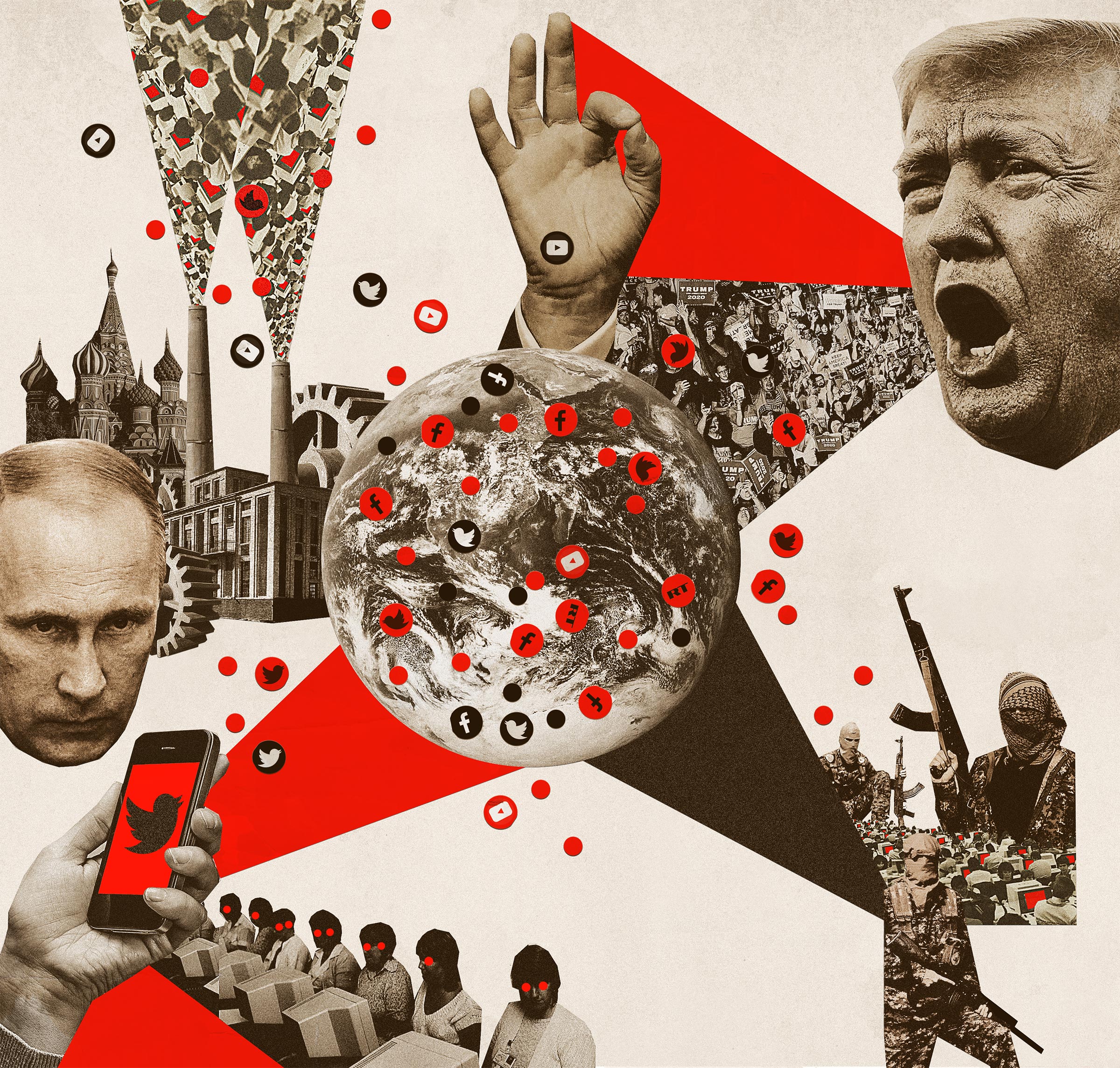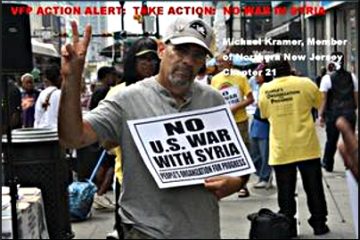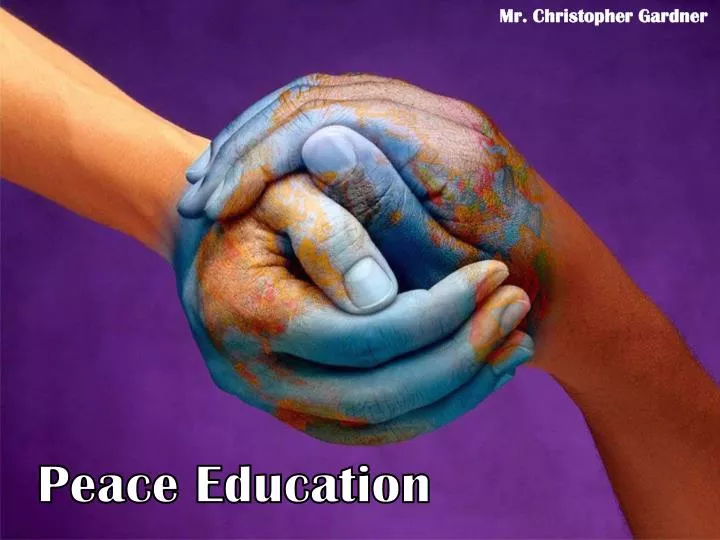
Prolonging War is a Crime Against Peace
and a Crime Against Humanity
Alfred De Zayas / CounterPunch
(July 22, 2022) — The Nuremberg Trials and the Nuremberg Principles have not entirely lost their relevance. Notwithstanding the multiple violations of the Nuremberg norms by many countries since 1946, they are even more crucial today in the light of the proliferation of weapons of mass destruction, which endanger the survival of all of humanity. The United Nations is called upon to develop preventative strategies and to ensure the peaceful resolution of conflicts.
Article 6(a) of the London Agreement of 8 August 1945, the statute of the International Military Tribunal, defines crimes against peace as “planning, preparation, initiation or waging of a war of aggression or a war in violation of international treaties, agreements or assurances, or participation in a common plan or conspiracy for the accomplishment of any of the foregoing”.
In his opening statement at the Nuremberg Tribunal in October 1945 the US Chief Prosecutor Robert Jackson wisely observed that “while this law is first applied against German aggressors, the law includes, and if it is to serve a useful purpose it must condemn aggression by any other nations, including those which sit here now in judgment.” [1]
The Tribunal’s 1946 judgment concluded that: “to initiate a war of aggression is not only an international crime; it is the supreme international crime, differing only from other war crimes in that it contains within itself the accumulated evil of the whole.” [2]

The Principles of War and Peace
The “Nuremberg principles”, drafted by the International Law Commission and adopted by the General Assembly confirmed in Principle VI that crimes against peace encompass “(i) Planning, preparation, initiation or waging of a war of aggression or war in violation of international treaties, agreements or assurances; (ii) Participation in a common plan or conspiracy for the accomplishment of any of the acts mentioned under (i). [3]
In 1970 the UN General Assembly established principles of international order [4] in the famous “Friendly Relations Resolution” 2625, and in 1974 the Assembly further expanded and strengthened the definition of aggression in its Resolution 3314. In 1984 the Assembly adopted a resolution on the Right of Peoples to live in Peace (Res. 39/11), anchoring all of these resolutions on the object and purpose of the United Nations organization: the maintenance of world peace, the promotion of economic development and the protection of human rights.
The 1998 Statute of Rome of the International Criminal Court included the “crime of aggression” among the offences under its jurisdiction. However, in order to enter into force, this required agreement among the States parties to the Rome Statute, which was not reached until 2010 in Kampala and did not become operative until 17 July 2017 [5].
Pursuant to the Kampala definition the “crime of aggression” means the planning, preparation, initiation or execution, by a person in a position effectively to exercise control over or to direct the political or military action of a State, of an act of aggression which, by its character, gravity and scale, constitutes a manifest violation of the Charter of the United Nations.” [6]
Alas, there are ambiguities and potential loopholes in the Kampala definition, since there is no clarity on the actions, factors or elements that would constitute a “manifest violation” of the UN Charter for purposes of the ICC.
Notwithstanding the Nuremberg judgment, numerous UN resolutions, declarations and definitions, hundreds of aggressive wars have taken place since 1946. It is particularly troublesome that hitherto no politician or military officer has been held accountable for the crime against peace.

A List of Aggressive Wars
If we were to establish a list of aggressive wars, the list would be very long indeed, and would necessarily include the Soviet invasion of Hungary in 1956 and Czechoslovakia in 1968, the various wars by Israel against its neighbours, the US wars in Indo-China, NATO’s bombardment of Yugoslavia in 1999, the 2003 invasion of Iraq by the “coalition of the willing”, the military interventions of the US in Afghanistan, Cuba, Dominican Republic, Grenada, Haiti, Panama, etc., the bombardment of Syria by Turkey, US, UK, Israel, and Saudi Arabia, the Saudi war against Yemen, the Azerbaijani Blitzkrieg against Nagorno Karabakh, the continued bombardment of Iraqi Kurdistan by Turkey, Russia’s war in the Ukraine, and numerous neo-colonial armed conflicts in Africa and Asia.
Empirical evidence of consistent impunity for waging aggressive wars has not abrogated article 2(4) of the UN Charter, but “precedents of permissibility” have been established that question the viability of the prohibition of the use of force.
From the above, we understand that the Nuremberg Principles have had no deterrent effect on politicians. Experience shows that geopolitical considerations and the “vital interests” of states take precedence over international legal principles.
The threat of being brought to the dock at the ICC has not scared any aggressor. This unsatisfactory situation is not the result of inadequate definitions, but reflects the absence of effective enforcement mechanisms, which the major powers have thus far failed to establish.

Crimes Against Peace
Of course, the concepts of “crime against peace” or “crime of aggression” could be improved, because obviously it is not always the country that fires the first shot (or missile) who bears the heaviest responsibility for an armed conflict. This responsibility is shared with the state or states that have created the conditions for the war, that have tried to militarily encircle a rival, imposed economic coercion, engaged in cyber warfare or expressed openly hostile intentions. The “crime against peace” must also include the deliberate crossing of red lines.
From my childhood I know a Spanish expression that is relevant here: “Tira la piedra y esconde la mano” — “Throw the stone and hide your hand,” i.e. provoke your rival and then play innocent. Without a doubt, the imposition of unilateral coercive measures intended to asphyxiate the economy of a rival constitutes massive “use of force” within the meaning of article 2(4) of the UN Charter, which prohibits the use of force against other states.
The overt and covert support of coups d’état against democratically elected governments, the training of the armies of puppet regimes, the massive arming of countries that may enter into conflict, all constitute a “threat” of the use of force, similarly prohibited in article 2(4) of the UN Charter.
The concept of a “crime against peace” should be understood as encompassing the provocation of a rival through a consistent pattern of unfriendly actions, through the demonization and defamation of its political institutions.

The Rise of Information Wars
An important manifestation of the provocation can be the modern “information war”, a hybrid war of words accompanied by fake news and skewed narratives.
As we experienced in NATO’s wars in Yugoslavia, Afghanistan, Iraq, Libya and Syria, they were all preceded and supported by incendiary reporting, war propaganda and incitement to hatred, all prohibited by article 20 of the International Covenant on Civil and Political Rights.
Moreover, the concept of “crime against peace” must include a positive obligation to observe article 2(3) of the UN Charter, which stipulates that States must settle their differences by peaceful means and diplomatic negotiation. Surely the imposition of crippling economic sanctions cannot be understood as “peaceful” means.
The legal obligation to negotiate in good faith means that both parties must be prepared to make concessions, that both parties must understand that there must be a give and take, a quid pro quo. Intransigence by either party contravenes the letter and spirit of article 2(3) of the Charter and should be treated as a factor in determining the commission of the crime against peace.
Moreover, when an armed conflict has begun, all parties are obliged to continue negotiations in good faith with a view to ending the bloodletting. Refusal to negotiate in the expectation of “victory” on the battlefield, “unconditional surrender” by the enemy, and “winner takes all” is wholly incompatible with article 2(3) of the Charter.

Prolonging Wars: A Crime Against Peace
In other words, the crime against peace encompasses the crime of continuing the war by rearmament and refusal to sit down with mediators and negotiate a cease fire. It includes the refusal to sign a negotiated agreement.
What can the international community do if it wants to prevent armed conflict and the danger of escalation to a nuclear confrontation? Do we need more laws and regulations? No. What is urgently needed is a radical change in mindset.
We can take guidance from the Constitution of the United Nations Educational, Scientific and Cultural Organization, whose preamble inspires us with the words:
“Since wars begin in the minds of men, it is in the minds of men that the defences of peace must be constructed…”
The preamble continues: “…a peace based exclusively upon the political and economic arrangements of governments would not be a peace which could secure the unanimous, lasting and sincere support of the peoples of the world, and that the peace must therefore be founded, if it is not to fail, upon the intellectual and moral solidarity of mankind…” [7]
In this sense, it becomes apparent that what the international community needs is a mental shift away from the military-first approach to a human-security culture that focuses on enhancing economic cooperation, cultural exchange and a new methodology of conflict-prevention.

The Crime of “Pre-emptive Self-Defense”
Undoubtedly, war is contrary to democracy. People want peace. No one freely sends his child to the slaughter. Politicians lie to the people when they invoke patriotism to justify their geopolitical wars. Admittedly self-defence is legitimate under article 51 of the UN Charter, but there is no right to pre-emptive self-defence, neither in Iraq nor in Ukraine.
What is necessary are mechanisms for “early warning” and timely mediation. Unfortunately, the United Nations has failed to show the necessary leadership in mediating grievances, particularly with regard to self-determination aspirations, before they developed into armed conflict. Good faith negotiation and international mediation can certainly avert many wars.
I would like to propose a Global Compact on Education for Peace, to ensure that all members of the human family, whether children or adults, are educated on the necessity of peace and reconciliation, especially in the light of huge stockpiles of nuclear weapons, which were condemned already in a 1984 General Comment by the Human Rights Committee as the greatest danger to the right to life, Article 6 of the International Covenant on Civil and Political Rights.

Educating for Peace
Through education we can learn to see our neighbours as potential collaborators, commercial partners, even friends, instead of fearing them as competitors or even enemies. Hitherto our traditional education builds mental fences and suggests that “the other” is somehow to be excluded. This is not a good recipe for coexistence on this one planet, and we must agree to live together in peace. In order to achieve this result, we should be educated in empathy and international solidarity, as suggested by the 2017 UN draft declaration on the Right to International Solidarity [8].
We must also move away from demagogic views on “patriotism”, on the simplistic “my country right or wrong” mindset, on our focus on death, on persisting on the dangerous view that honor and glory are necessarily associated with war. Even in the 21st century we continue to consider military leaders and despots as heroes, whether Alexander the Great, Julius Caesar, the Vikings, William the Conqueror, the Crusaders, Tamerlane, Alexander Nevsky, King Ferdinand and Queen Isabella, Elisabeth I of England, Gustavus Adolphus of Sweden, Oliver Cromwell, the “Sun-king” Louis XIV, Napoleon I (even his hapless nephew Napoleon III), General William Tecumseh Sherman, George Custer, Mustafa Kemal Ataturk, George Paton …
One would think that to qualify as “great”, a politician must be a large-scale killer. Why not take as our role models instead the peace-makers and humanitarians like Henri Dunant, Florence Nightingale, Bertha von Suttner, Albert Schweitzer?
Deep down, many still believe that “dulce et decorum est pro patria mori” — it is sweet and honurable to die for one’s homeland (Horace). Would it not be far better to live for one’s homeland, to contribute to the commonweal, to be peace makers and peace keepers? This is the message of Wilfred Owen in his immortal World War I poem “Anthem for Doomed Youth.”
Hence, we must finally recognize Peace as a fundamental human right and reject the state-centered idea that presidents and prime-ministers can decide to go to war when it suits them, and the rest of society must obediently follow and be their cannon fodder.
The war in Ukraine was eminently avoidable. The responsibility for its outbreak and consequences is shared between Putin, Zelinskyy, and NATO. The solution is not calling upon the ICC to try anybody. This would be a band-aid, an ex-post-facto gesture to put all the blame on someone.
The solution is not punishment, but reconciliation and reconstruction. The solution entails the recognition that many of us are in some way complicit in generating the conditions of the war, including media moguls, particularly in the Western press, that reveled in hyperbole and war propaganda.
The war can be ended tomorrow, but this requires good faith on all sides and intellectual honesty, not rhetoric and demagoguery.
Notes
[1] https://www.roberthjackson.org/speech-and-writing/opening-statement-before-the-international-military-tribunal/
[2] The International Military Tribunal for Germany (1946-09-30), Judgment of the International Military Tribunal, the Avalon Project, Yale University.
https://legal.un.org/ilc/documentation/english/a_cn4_5.pdf
[3] https://legal.un.org/ilc/texts/instruments/english/draft_articles/7_1_1950.pdf
[4] See my 25 Principles of International Order in chapter 2 of my book “Building A Just World Order”, Clarity Press, Atlanta, 2021.
[5] https://www.justsecurity.org/49859/crime-aggression-activated-icc-matter/
While the ICC can now prosecute crimes of aggression, making it the fourth crime (after war crimes, crimes against humanity, and genocide) to fall within the Court’s jurisdiction, the narrow definition of the crime, and the complementary nature of the ICC’s jurisdiction, it is unlikely that any indictments will follow anytime soon. Yet, there is a declarative and symbolic force.
[6] https://www.ejiltalk.org/what-exactly-was-agreed-in-kampala-on-the-crime-of-aggression/
[7] https://meguro-unesco.info/english/constitution.html
https://www.unesco.org/en/legal-affairs/constitution
[8] https://www.ohchr.org/sites/default/files/Documents/Issues/Solidarity/DraftDeclarationRightInternationalSolidarity.pdf
Alfred de Zayas is a law professor at the Geneva School of Diplomacy and served as a UN Independent Expert on International Order 2012-18. He is the author of ten books including “Building a Just World Order” from Clarity Press, 2021.
Posted in accordance with Title 17, Section 107, US Code, for noncommercial, educational purposes.